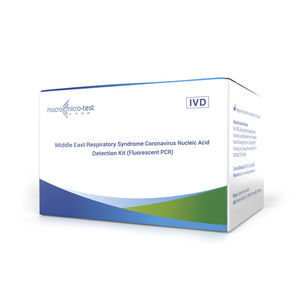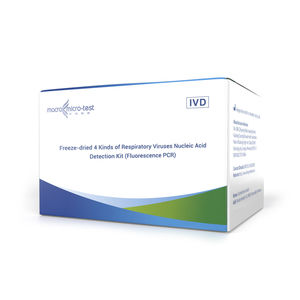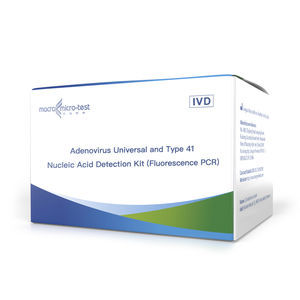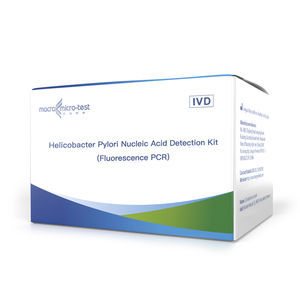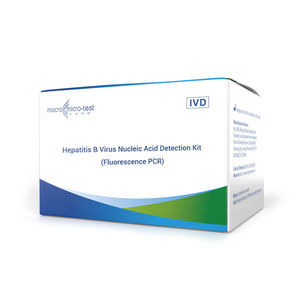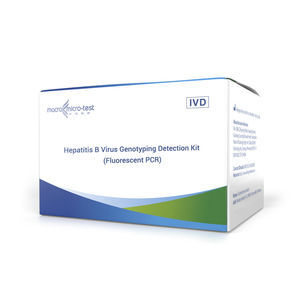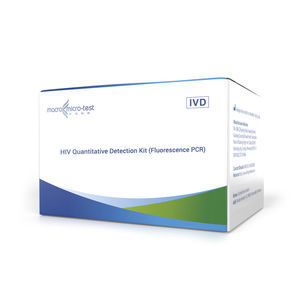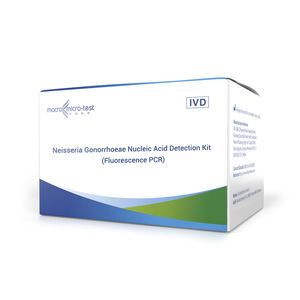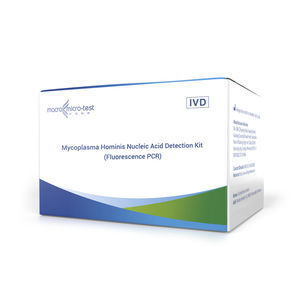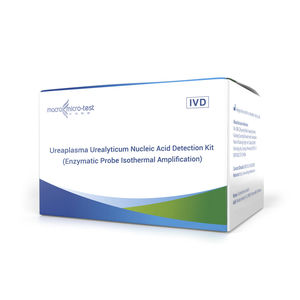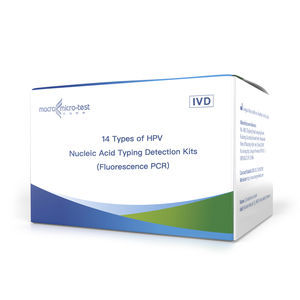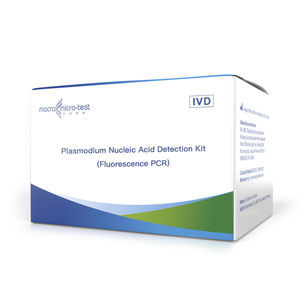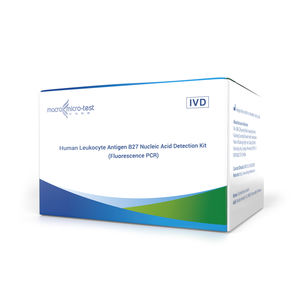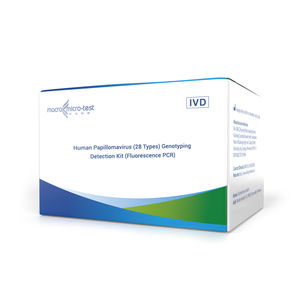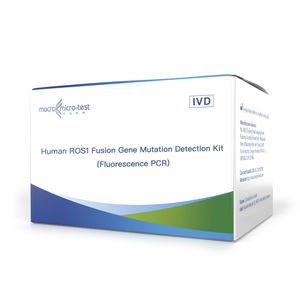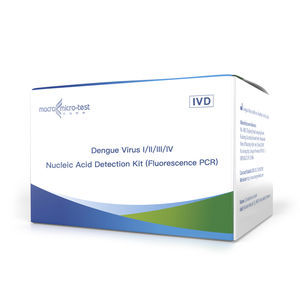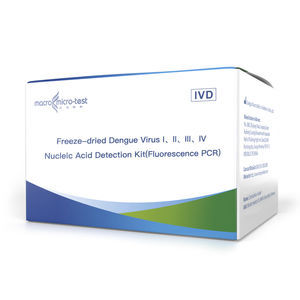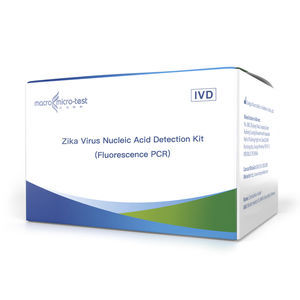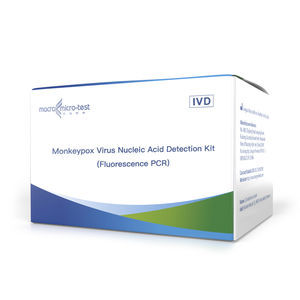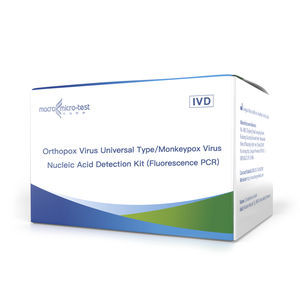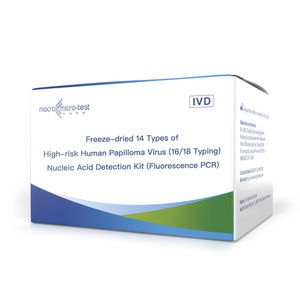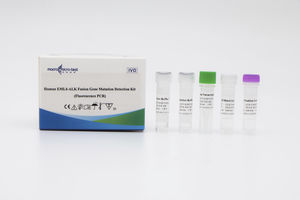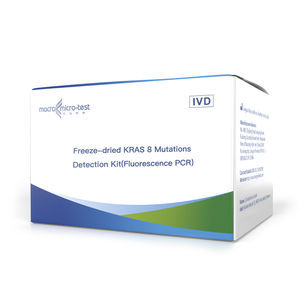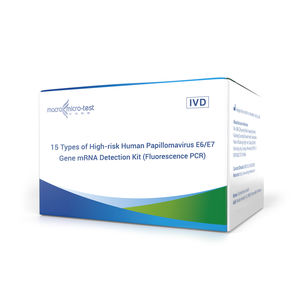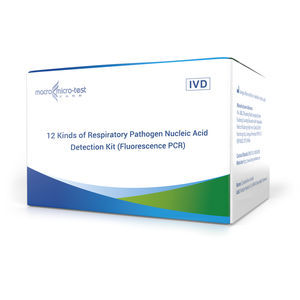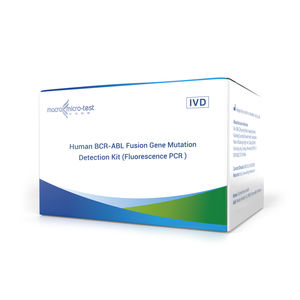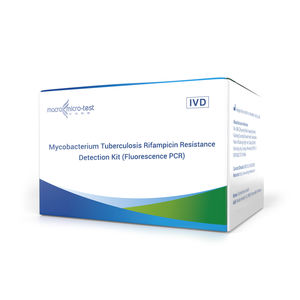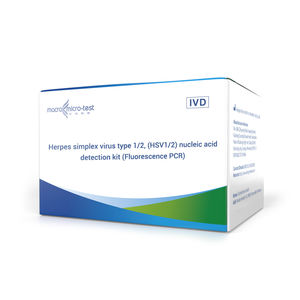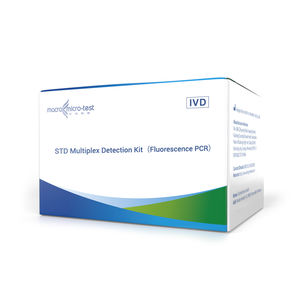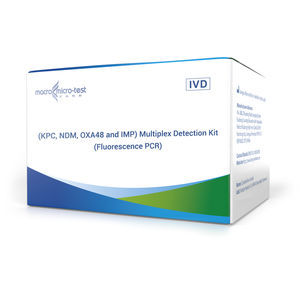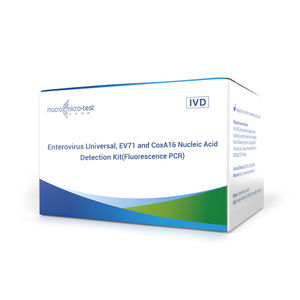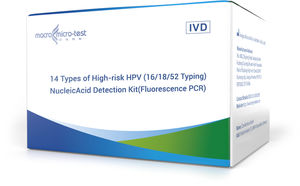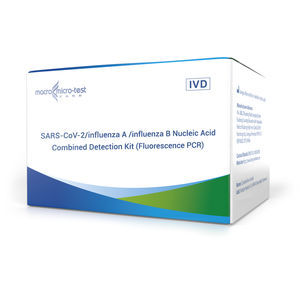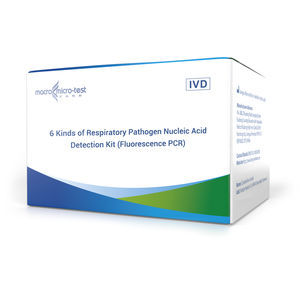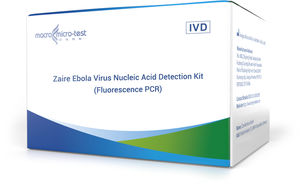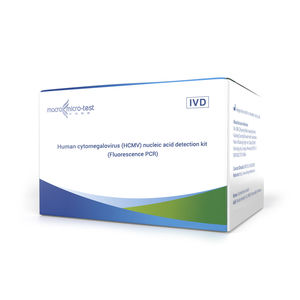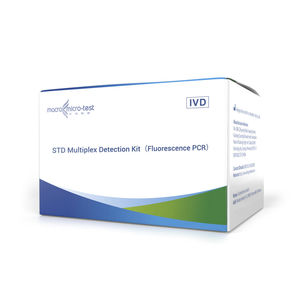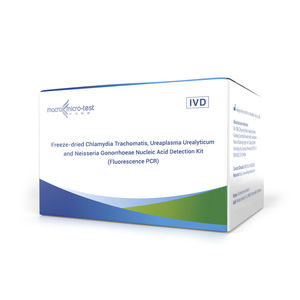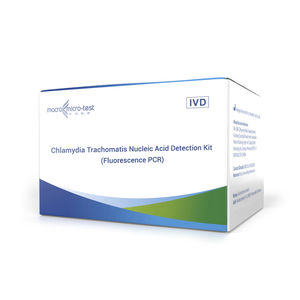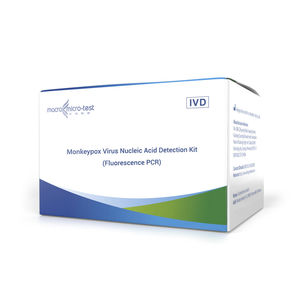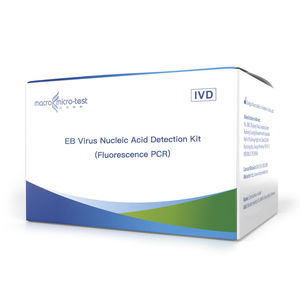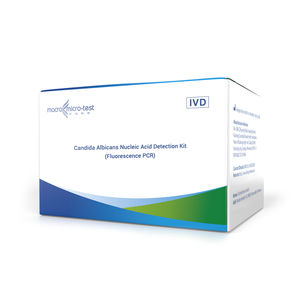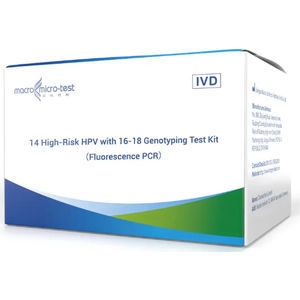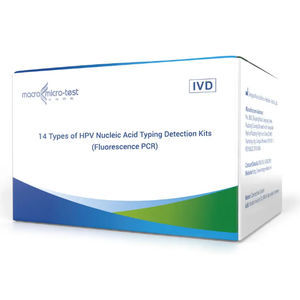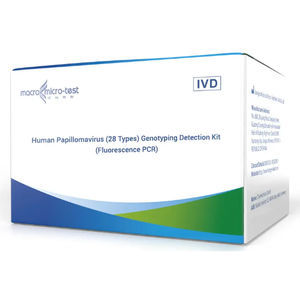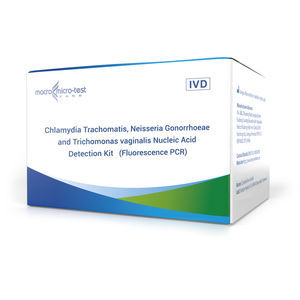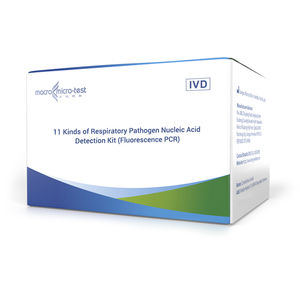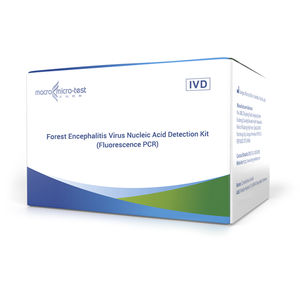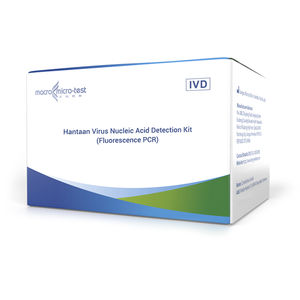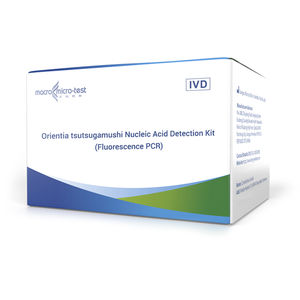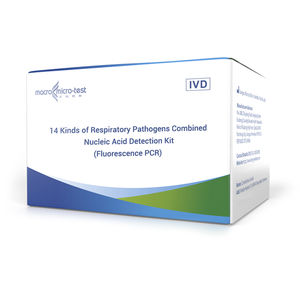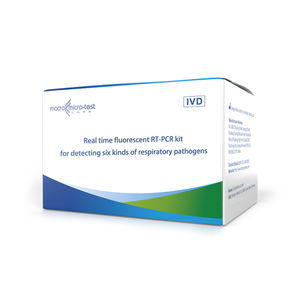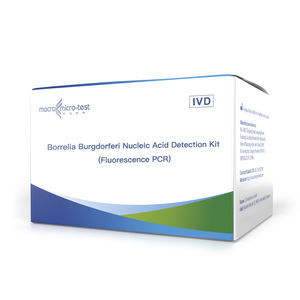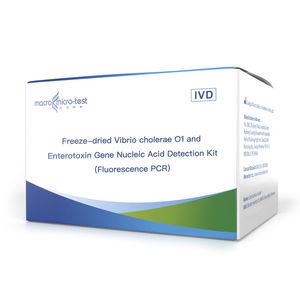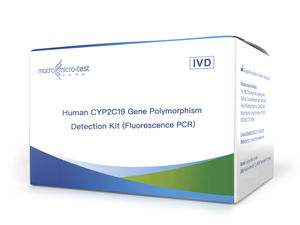
- Laboratory
- Laboratory medicine
- Respiratory disease test kit
- Jiangsu Macro micro-test Medical Technology

- Company
- Products
- Catalogs
- News & Trends
- Exhibitions
Respiratory disease test kit HWTS-RT113adenovirusnasopharyngealstool
Add to favorites
Compare this product
fo_shop_gate_exact_title
Characteristics
- Applications
- for respiratory diseases
- Micro-organism
- adenovirus
- Sample type
- nasopharyngeal, stool, throat
- Analysis mode
- for RT-PCR, fluorescence
- Result display time
Min.: 60 min
Max.: 90 min
Description
This kit is used for the qualitative detection of adenovirus nucleic acid in stool samples in vitro.
Epidemiology
Adenovirus (Adv) belongs to the Adenovirus family. Adv can proliferate and cause disease in cells of the respiratory tract, gastrointestinal tract, urethra, and conjunctiva. It is mainly infected through the gastrointestinal tract, respiratory tract or close contact, especially in swimming pools with insufficient disinfection, which can increase the chance of transmission and cause outbreaks.
Adv mainly infects children. The gastrointestinal tract infections in children are mainly type 40 and 41 in group F. Most of them have no clinical symptoms, and some cause diarrhea in children. Its mechanism of action is to invade the small intestinal mucosa of children, making the intestinal mucosal epithelial cells smaller and shorter, and the cells degenerate and dissolve, resulting in intestinal absorption dysfunction and diarrhea. Abdominal pain and bloating may also occur, and in severe cases, the respiratory system, central nervous system, and extraintestinal organs such as liver, kidney, and pancreas may be involved and the disease may be aggravated.
Technical Parameters
Storage - Liquid: ≤-18℃ In dark Lyophilization: ≤30℃ In dark
Shelf-life - 12 months
Specimen Type - Stool samples
Ct - ≤38
CV - ≤5.0%
LoD - 300Copies/mL
Specificity -
Use the kits to detect other respiratory pathogens (such as influenza A virus, influenza B virus, respiratory syncytial virus, parainfluenza virus, rhinovirus, human metapneumovirus, etc.) or bacteria (streptococcus pneumoniae, klebsiella pneumoniae,
Other Jiangsu Macro micro-test Medical Technology products
FLUORESCENCE PCR
Related Searches
- Assay kit
- Solution reagent kit
- Blood assay kit
- Serum assay kit
- Immunoassay assay kit
- Plasma assay kit
- Infectious disease detection kit
- Blood rapid diagnostic test
- Diagnostic reagent kit
- Immunoassay rapid diagnostic test
- Molecular test kit
- Cassette rapid diagnostic test
- Virus rapid diagnostic test
- Respiratory infection test kit
- Whole blood detection kit
- Serum rapid diagnostic test
- Plasma rapid diagnostic test
- Optical assay kit
- Clinical assay kit
- Infectious disease rapid diagnostic test
*Prices are pre-tax. They exclude delivery charges and customs duties and do not include additional charges for installation or activation options. Prices are indicative only and may vary by country, with changes to the cost of raw materials and exchange rates.


